Bizarre Japanese Adventure
“The hardest thing to do is surpassing yourself.” — Kishibe Rohan
About Japan
Let’s just start with the good and bad of Japan:
Good:
- Food
- Prices
- Convenience
- Manners
Bad:
- No public trash cans
- Public shyness
- Unusual rules
- Too far
Note that this post was mostly written in July and edited and released in August.
Experiences
Since I’m doing an internship in Shanghai this summer, I thought it would be nice to stop in Japan 🗾 for a week and then fly to China .
My great friend Penguin 🐧 let me stay at his house the whole time and planned the entire tour so big thanks to him.
Landing in Tokyo 🗼, we then went to Kyoto ⛩️, Osaka 👺, Hakone ♨️, Okayama 🌊 and then returned to Tokyo 🗼.
Places where people shouldn’t be Part 1
Penguin recently found out about this e-scooter 🛴 rental app called LUUP so we both installed it and rode them in the Imperial Palace 👑. Well, not in the building, but inside the borders.
I didn’t enjoy riding a scooter 🛴 in Tokyo because it’s just so dangerous without bike lanes because the road lanes are so narrow.
That’s something kind of funny about Japan, all of the cars and roads are really tiny. The trucks are the funniest because they look like toys but still end up being a major catalyst for the plots so many animes.1
However, riding a scooter 🛴 inside the palace was super fun.
Places where people shouldn’t be Part 2
An old classmate of ours, G, joined us when we went to Hakone ♨️ (the hot spring town).
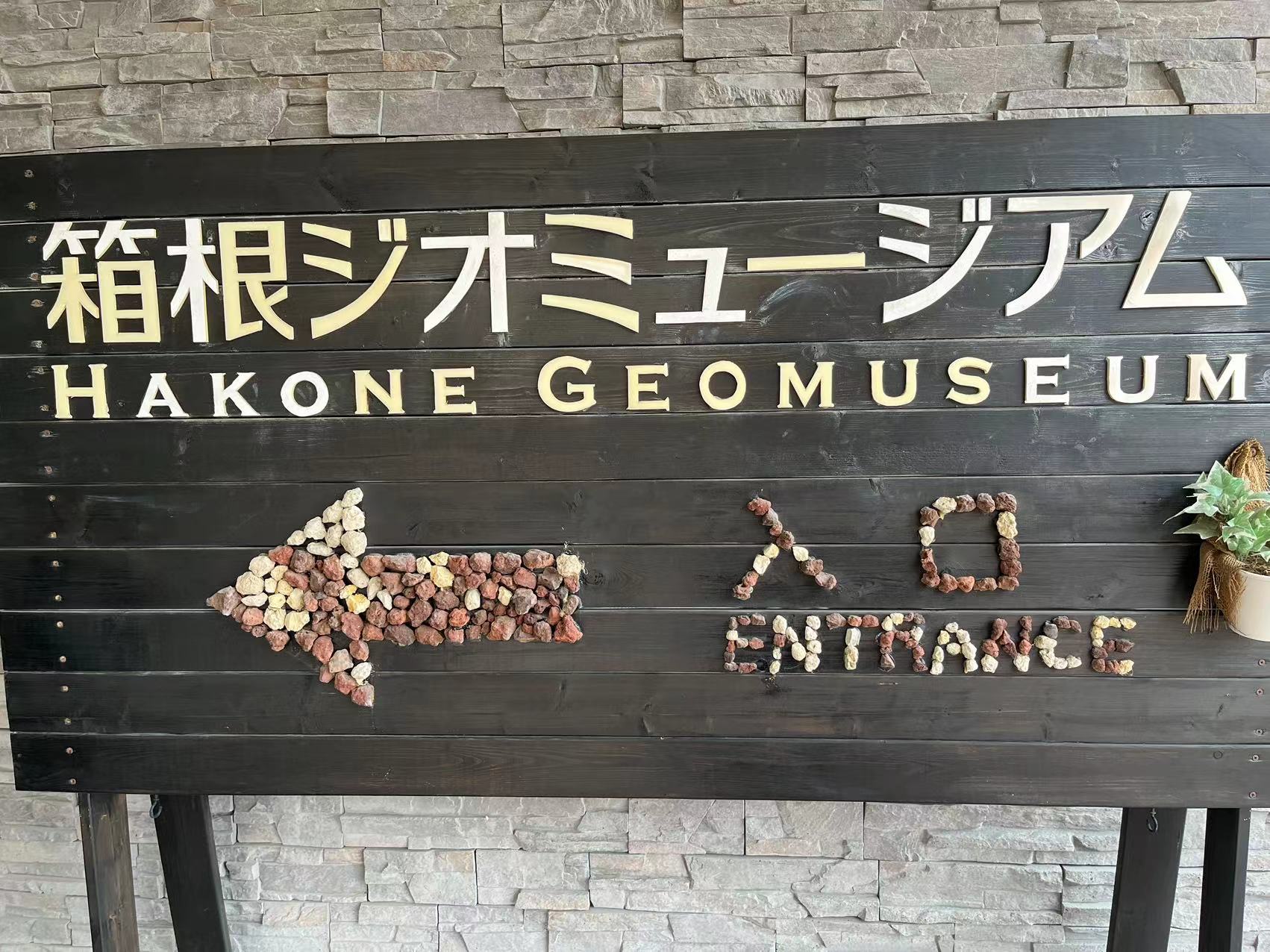 Hakone Geomuseum
Hakone Geomuseum
On the way to see a floating Shinto ⛩️ shrine, Penguin told us that we need to take a shortcut if we don’t want to die of exhaustion going the long way round.
So, we jumped a rusty fence and found a really cool abandoned house. And after a downhill trek that reminded me of a time that my family got semi-lost on a hike ⛰️, we found where the path collapsed into the water.
 Collapsed road
Collapsed road
I don’t think the road actually needed to be closed off ⛔, but I think that Japanese culture seems to have a deeply embedded fear of the ground falling out beneath it.
Earfquake
Everything from the social programs to the safety regulations seems to suggest a tendency to want to plan things out all the way in order to avoid a worst-case scenario.
Every subway train gets taken apart completely every year and put back together. Every egg 🥚 must be safe to eat raw. When 8 of the gym’s 1000 lightbulbs 💡 stop working, they change all 1000 lightbulbs. When an apartment complex’s elevators 🛗 reach 20 years of age, they all get repairs or replacements.
In some ways, this is nice because you know that things will almost always be fine, but comes at the cost of being inefficient.
Elevator Pitch
It’s interesting because my current Shanghai apartment complex is approximately 23 years old and none of the elevators have been repaired. That’s because the repairs have to come out of an equally-shared fund.
However, something interesting occurs when the buildings are of different heights. For example, a 15-story building’s elevator will break sooner than an 11-story building’s elevator because the average amount of distance it travels every day is greater.
What is fair? Why should the 11-story building’s residents need to help pay for repairs when their elevator still works decently well?
Hot Spring
At an inn older than the U.S. Declaration of Independence, Penguin, G, and I had probably the best food of our lives and spilled tea in very nice onsens.
Onsen really is the best place to really spill your guts out if you bring some friends. Penguin was the main subject of interrogation, since G and I didn’t know each other that well and Penguin was our only mutual.
However, we did video call 📞 E, another one of our classmates, while he was in NYC. Technically, phones 📵 are not allowed, but there was no one else there, so we brought one anyway.
Places where people shouldn’t be Part 3
It was at this point that I decided to become a vlogger 📹 and started recording a bunch of videos with dynamic transitions so that I could cut 📼 them together later.
We went to this dock in Okayama because we wanted to get a nice shot of the ocean (for a transition) where Penguin and I almost considered jumping off of a water treatment plant for a shortcut.
It turns out that we actually headed to a closed-off area which was about 200 meters to the right of an area that we could have gone to. However, we escaped and jumped some fences to get to a swimming pool???
Places where people shouldn’t be Part 4
We went up onto a mountain in Kurishiki, Okayama, the birthplace of Japanese denim by hiking up a road that got shut down due to a collapsed section (we couldn’t take the bus).
It was kind of surreal because there was nobody for 30 minutes and we were just on the side of a mountain overlooking the ocean.
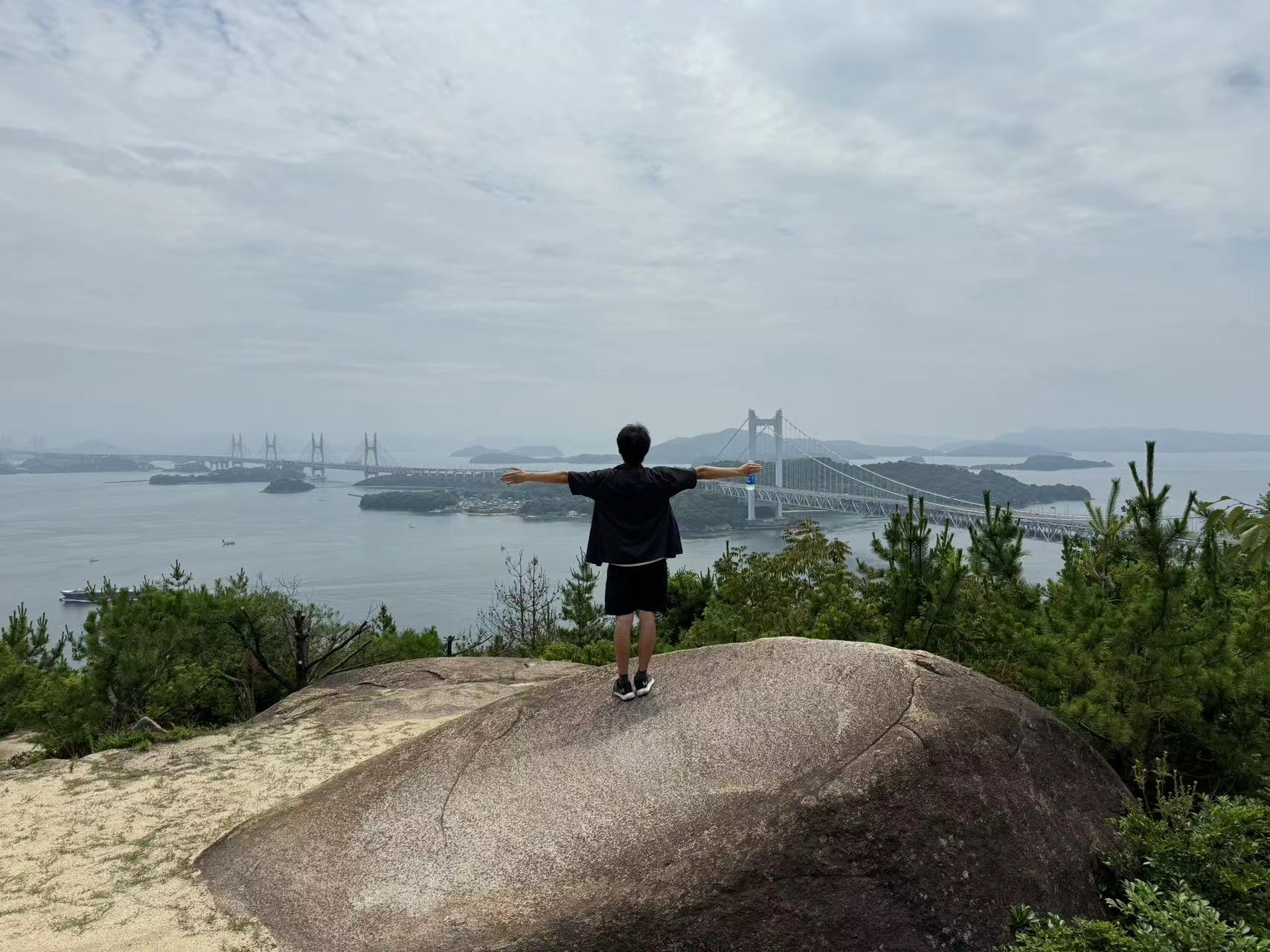 Climbing the mountain
Climbing the mountain
When we got to the top, it reminded me a lot of the mountains in Maine: rather smooth, full of pine, and bone coloring. As a result, I believe both landscapes are dominated by erosion.
Spirited Away
Right on the final stretch as we were about to get back to town past the “Road Closed” sign, a wild pig 🐗 popped outta the bushes about 40 meters in front of us and roared.
We froze, and I was considering what to do if it charges at us. It didn’t look very big, but I did hear that they can go really fast.
However, she just turned away and crossed the road with her five or six babies (🐖🐖🐖🐖🐖🐖).
Something fascinating is that animals can recognize when humans no longer show up to a location. For example, deer 🦌 get braver when it isn’t hunting season.
The pigs must have realized that those big fast things don’t show up on the road anymore and that it’s now possible for them to eat stuff across the road.
Alternatively, they might have always been crossing that road2, just when there weren’t any cars. Who knows?3
What the culture is feeling
Japan is certainly known for its respectful culture, but beyond that, there are many more nuances to how things operate.
Fashion
Fitting in is the main focus of Japanese culture, from what I understand.
As a result, everyone tends to wear the same clothes. For example, if you see someone not dressed in black and white and grey, that person is **probably a tourist. **
Whenever I walked into a restaurant, they immediately ask me what I want to order in English instead of Japanese because they see I’m wearing purple or blue or some other actual color.
Also, people generally wear long pants 👖 even in the summer 😎 because according to Penguin, they do not want to see/show leg hair.
I think another reason is that it’s easier to look taller if you wear long pants because then you can establish a clear 40-60 length ratio above and below the waist.
Supershy
People are really shy and do not enjoy talking in public or seeing other people.
For example, at Ichiran Ramen, a very successful ramen 🍜 restaurant, there are single-person seats and you don’t see the cooks or the waiters because there are no waiters and you simply put cards onto a pressure plate at which point the cooks will take the card and bring you the food.
I really don’t enjoy that kind of restaurant because it’s just gone too far. I don’t like to be bothered either but not to the point that I don’t want to see anyone’s face.
No more generalizations
However, these conclusions are only drawn on the average observations that I’ve observed. In any population, there will be people who deviate from stereotypes and it’s important not to jump to conclusions.
When I first went to Japan, I felt uncomfortable that I was in a new place, but slowly began to identify patterns that helped me feel accustomed this foreign land, even if they were wrong.
I don’t think it’s possible to conclude anything too concrete from a two-week trip except that I will definitely be back 🗾.
Footnotes
-
In many isekai anime, a truck helps reincarnate the protagonist. ↩
-
This statement is a lot like E.B. White’s essay “Coon Tree” ↩
-
Now that I think of it, the family of pigs kind of reminds me of Spirited Away. ↩
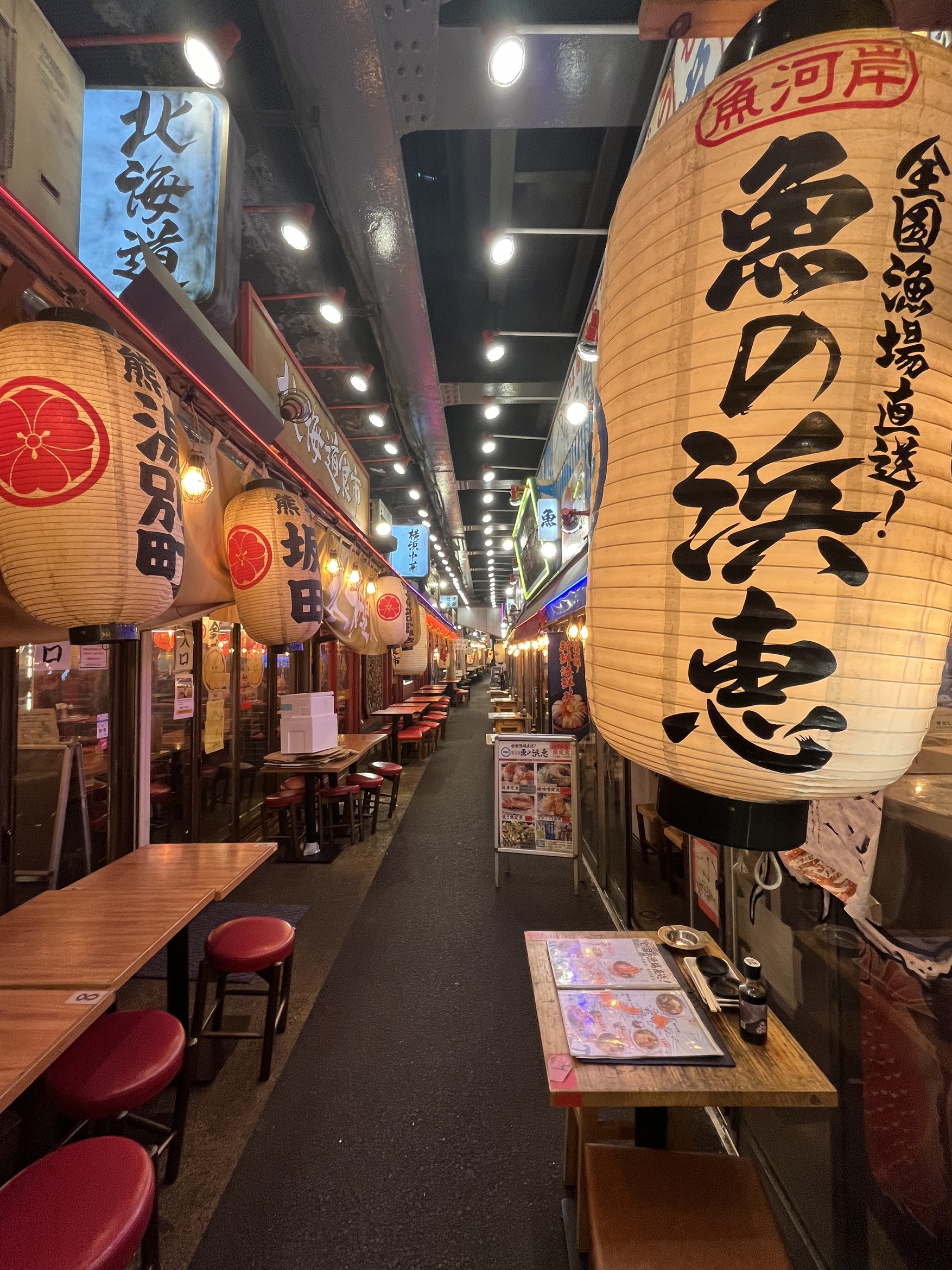

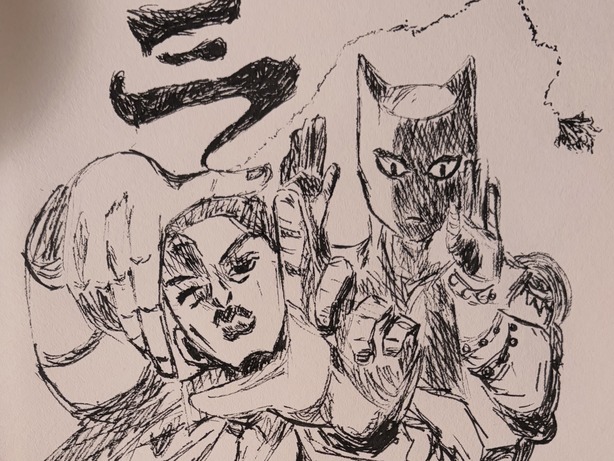


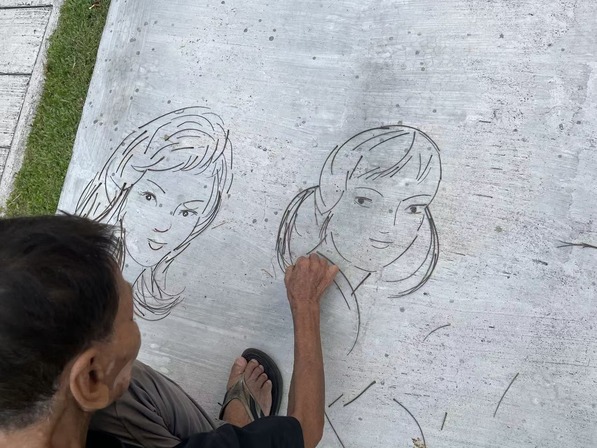
Leave a comment